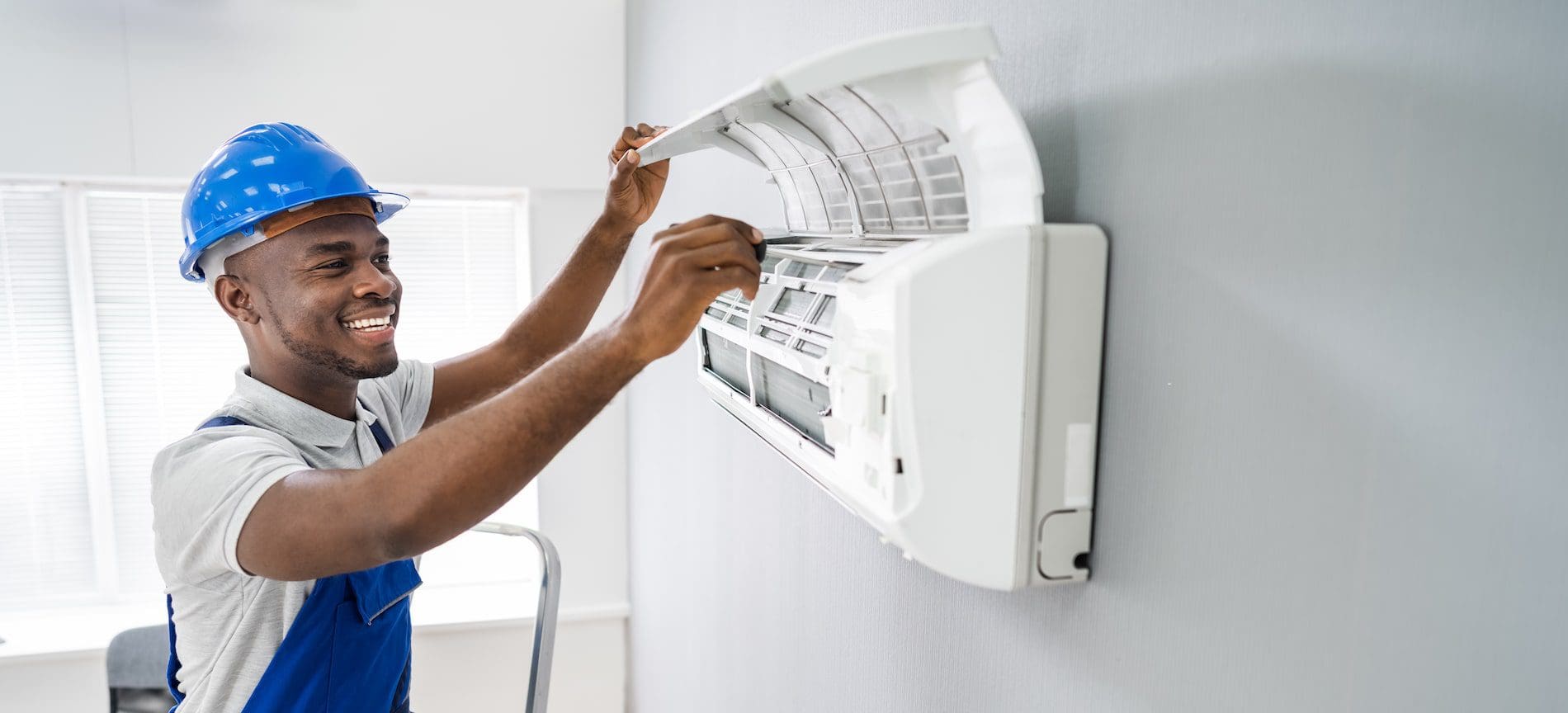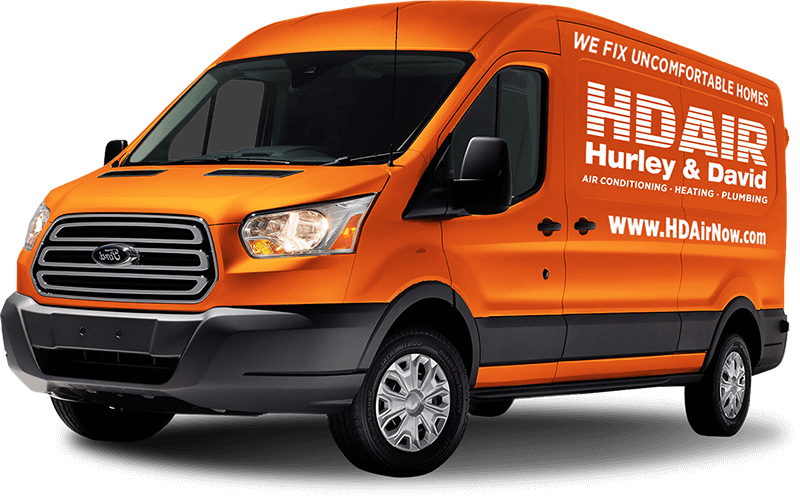
Summer is approaching, and with it hot, muggy weather that’s only made tolerable by air conditioning. Think about your daily routine. Where do you go? Your home, most obviously, and work. But the grocery stores, doctor’s offices, and shopping malls, all use air conditioning to keep the indoor air comfortable for everyone.
If you’ve ever wondered “how does air conditioning work?” Keep reading to explore the process of air conditioning units, three common types, and who to contact when yours stops working.
History of Air Conditioning
Air conditioning creates and maintains optimal conditions indoors. When you’re relaxing by the air conditioner vents in the summer, you can thank Willis Carrier—who invented the modern air conditioning system in 1902.
Carrier created a way to manufacture air with specific amounts of moisture if dry air passed through water. Though his original system controlled humidity, the air conditioning units we use today keep indoor spaces comfortable.
The Cooling Process
Most of us use air conditioning systems every day but don’t understand the mechanisms inside the units. Here is the step-by-step process your air conditioning unit goes through to cool indoor air.
- Warm air in the room is drawn into the air conditioning unit.
- The warm air flows over chiller pipes. Simultaneously, a dehumidifier removes excess moisture.
- The pipes have a coolant circulating through them, which transforms air from a cool liquid to a warm gas.
- The excess warm air is transferred outside the home where it dissipates.
- A compressor and condensing pipes use coolant to turn the gas back into liquid form.
- As the air conditioning unit continues this cycle, the temperature in the room is gradually reduced.
While that’s the normal cooling process, sometimes this cycle can be disturbed by certain factors and lead to a malfunctioning air conditioner. Excessive condensation or a dehumidifier flaw may make your AC leak water for example.
Make sure your air conditioning unit stays functional year-round by doing regular AC tune-ups.
3 Most Common Types of AC Units
No matter what type of air conditioning unit you have in your home, or are looking to install, they all use roughly that same process. The difference lies in their form and installation. Let’s explore three common types of air conditioning units.
Ductless mini-split AC units are a great option if you’re looking to eliminate ducting from your home. Ductless mini-split systems are mounted on walls, cool individual spaces, and can be more energy-efficient than other types of units.
Central air conditioners use ducts to move air throughout your home. If you’re looking for a way to cool multiple rooms at once, central air conditioners are a great option. These units help regulate the temperature in your home.
-
Heat Pump
Heat pumps use electricity and refrigerants to transfer heat. They act as both a cooling and heating system. When you want cool air, the heat pump transfers heat from inside your home to cool the air inside, and during the cooler months, it takes the cool air in your home and transfers it outside.
Get Expert AC Service From HD Air
When you’re looking to get the most efficiency out of your air conditioner, look to services from HD Air. As the weather heats up, make sure your home remains cool and comfortable. We offer 24/7 emergency services at no extra charge, and same-day repairs or it’s free, guarantee.
Contact HD Air for the following professional air conditioning services:
- AC tune-up
- Unit inspection
- AC Maintenance
- Air conditioning Repair
- Air conditioner Replacement and installation
Schedule your air conditioning service online or by calling (413) 422-6145.


